
The five most important video games of the last decade, from Minecraft to Fortnite
- Augmented reality, virtual reality, freemium games – this was a decade of huge innovation in gaming
- So which titles made the biggest impact?
Gaming is now humanity’s favourite form of entertainment, and the medium’s legacy was cemented this past decade.
While the early 2000s saw video game creators honing their ability to tell stories and build worlds in 3D, this past decade built off those nuts and bolts of game making and propelled the medium towards bigger ambitions such as open-world design, virtual and augmented reality and an influx of new genres such as battle-royale multiplayer.
This past decade achieved several milestones with its wide array of games. Some, such as Red Dead Redemption 2 and Legend of Zelda: Breath of the Wild, are titles that we believe will have a lasting impact on the gaming world for years to come. While these were taken into consideration for this article, we haven’t seen their influence fully resonate just yet, as open-world games take years to polish before they’re shipped and the next generation is still on its way.
So, which games have made the biggest mark on the industry between 2010 and 2019? After much deliberation, here is a list of titles we believe aren’t just quality games but ones that have shaped the medium and continue to do so in extraordinary ways.
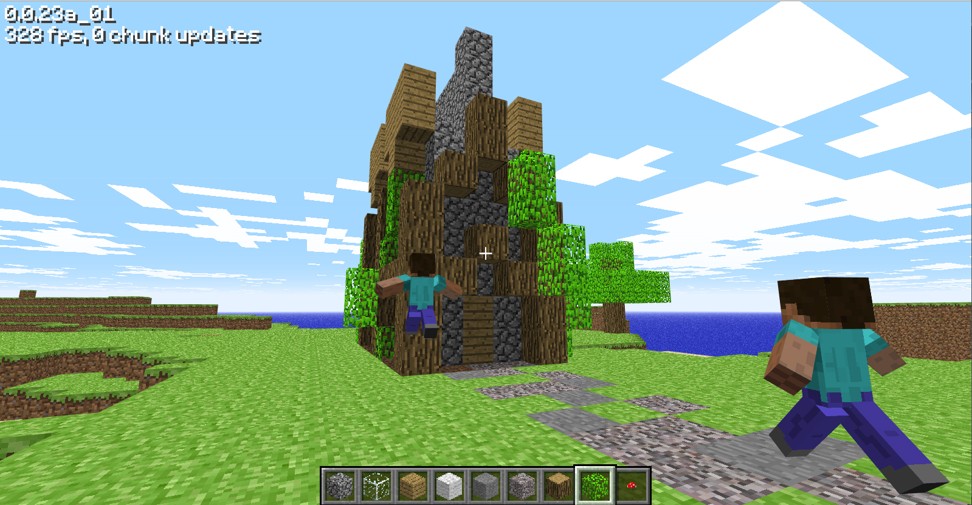
1. Minecraft (2010)
What genre is Minecraft? If you call it a survival game, you neglect the sizeable portion of its player base that spends its time idling about in the creative mode, or building elaborate trick doors with redstone.
The compromise pick would be to call it a sandbox, but that just takes us back to square one. A sandbox is a blank canvas. Minecraft represents, in the history of gaming, the ultimate blank canvas. It is The Everything Game by merit of the perfect simplicity of its base formula: building with blocks.
Few games better encapsulate the 2010s than the ever-popular Minecraft. Analogues and echoes of the decade’s most pressing questions can be found somewhere in its story.
The game provided an ideal medium for content creators, who would toil and shape and star in productions that elevated them to stardom and turned YouTube into a juggernaut. Minecraft Let’s Play videos – which allow viewers to watch creators’ experiments in the world – picked up the torch after the Halo Machinima user-made animated videos died down, arguably spawning streaming culture.
Before Fortnite finally pushed its top creators into the pantheon of celebrity, Minecraft laid the foundation.
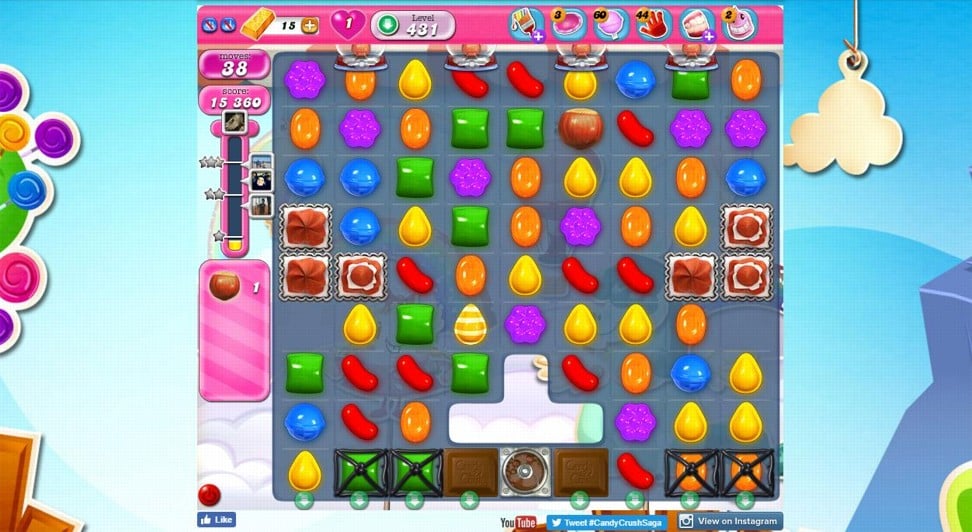
2. Candy Crush Saga (2012)
Candy Crush Saga’s humble beginning as a Facebook game makes sense, considering no other title on this list has been as disruptive to the business of selling video games. Candy Crush Saga popularised the “freemium” model within the mobile gaming market: give the core gameplay away free, but charge for peripheral virtual items that either enhance, quicken or beautify the player’s experience.
It married online shopping and gaming to the point where the two were indistinguishable. Mobile gaming eventually created “pay to win” games, referring to video games insidiously designed to slow your progression, encouraging you to pay to win. It is one of the industry’s most despised – and most profitable – practices.
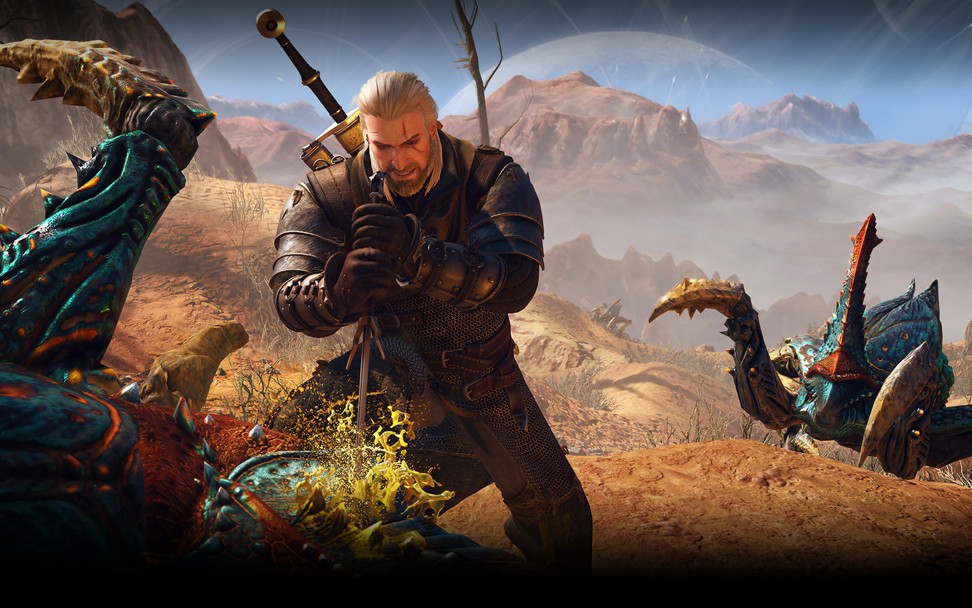
3. The Witcher 3: The Wild Hunt (2015)
The world of The Witcher 3 is so large it can be almost daunting, but this magnitude set a new standard for open-world design. Its sprawling narrative seamlessly fits inside the world, both through emergent storytelling and scripted moments, as you visit travel from one village to the next. During development, creator CD Projekt Red looked to Skyrim, which released just a few years beforehand, as inspiration. But they did not want to just copy what Skyrim got right.
The Witcher 3 tells the story of Geralt, a powerful monster-killing sorcerer who makes his way through a medieval-inspired land to find a young woman named Ciri. Depending on your choices – and some can be heart-wrenching – the world adapts around you. It also features side quests that are as meaningful as the main quest, bringing depth to every corner of the game’s immense world.
Most of all, The Witcher 3 set the high bar for storytelling in subsequent open-world games such as last year’s Red Dead Redemption 2, dispelling the notion that open worlds and quality storytelling could not coexist.
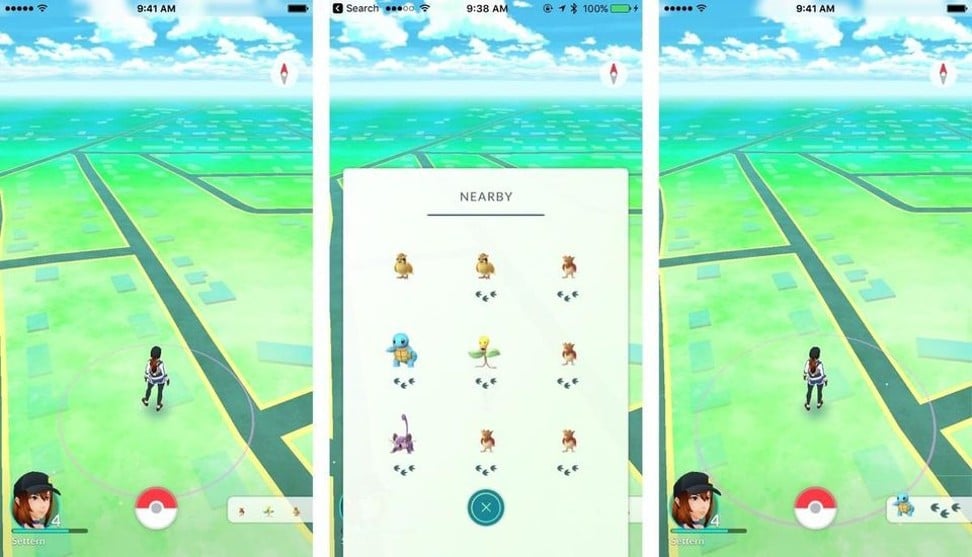
4. Pokémon Go (2016)
When discussing the influence of Pokémon Go , it’s best to address the question of augmented reality (AR) upfront, so here goes: Pokémon Go is the clearest evidence of AR’s irrelevance.
When the game came out, the hype was tremendous. With its massive success (over 540 million downloads to date), Pokémon Go was the game that launched a thousand decks, prompting questions from every tech, media and software company as to how AR could factor into its work. And then the hype died down.
It is funny, in retrospect, that AR’s killer app is such a capitulation. The game allows you to turn off its AR capabilities, and frankly, is all the better for it. Nobody wants to be the overeager jerk on the subway platform, sweatily pivoting back and forth trying to find the Pidove hiding among the commuters.
But so many people, and people you would not expect, still keep up with Pokémon Go. Plenty of folks have found routine and comfort in the game. There’s something concerning, but also weirdly resilient, about finding nourishment in gruel so thin.
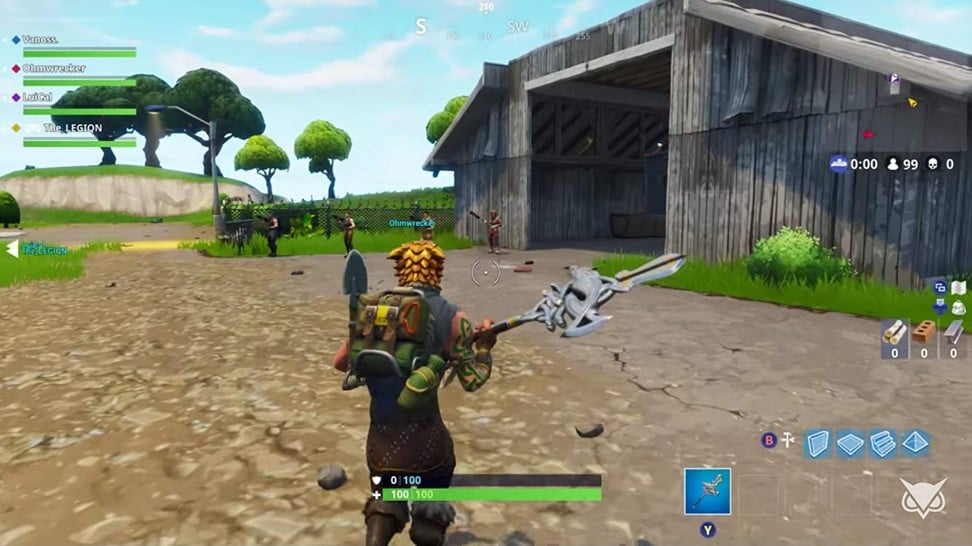
5. Fortnite (2017)
No, Fortnite is not on here because it popularised the battle royale genre. Fortnite’s best-known mode is itself a result of the popularisation of the genre, thanks to PlayerUnknown’s Battleground. But once Epic Games successfully aped the formula, Fortnite found new ways to keep players engaged.
The game was free, but the battle pass system kept players subscribing every few months to log on and garner new rewards. Thanks to several controversies that coincided with the roll-out of the game’s battle pass, the loot box practice of offering surprise rewards for real money became a pariah of the industry.
Over the past three years, Fortnite was everywhere. At one point, it boasted more than 200 million players a month, and became the biggest pop phenomenon of 2018.

